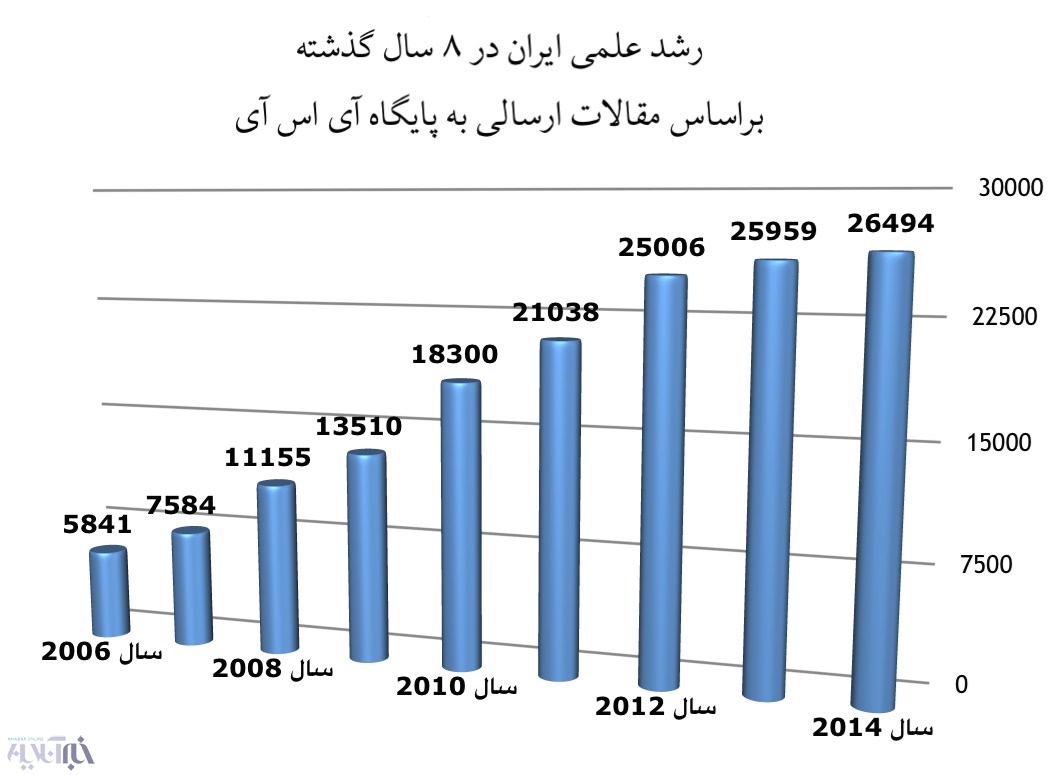از: واشینگتن پست
To Your Health
Researcher who spiked rabbit blood to fake HIV vaccine
results slapped with rare prison sentence
By Abby Phillip July 1

Former Iowa State University researcher Dong Pyou Han leaves the federal
courthouse in Des Moines, Iowa, on July 1, 2014. (AP Photo/Charlie Neibergall,
File)
Dong Pyou Han, a former Iowa State
University researcher charged with falsifying HIV vaccine research, says that
his troubles all started as an accident. Quickly, it became a
multimillion-dollar research fraud scheme that landed him in prison.
On Wednesday, Han, 57, became a rare
academic to not just fall from grace but also be punished with time behind
bars.
A federal judge sentenced him to
more than four and half years in prison and ordered him to repay $7.2 million
in grant funds his team received from the federal government using his
falsified data.
Academic misconduct often doesn't
even result in researchers losing their jobs, and it is even rarer for criminal
charges and prison time to result from one of these cases. In 2006, a
researcher pleaded guilty to falsifying information on an NIH grant and was
sentenced to a year in prison -- the first time such a sentence handed down for
scientific misconduct.
[Citing ‘misconduct,’ accounting
journal retracts 25 articles by once-renowned scholar]
In 2013, Han, a Korean national,
resigned in disgrace from the Iowa university. The U.S. Office of Research
Integrity slapped him with a 3-year ban on pursuing federal research grants.
And the university repaid the $500,000 it had received for Han's salary
from the NIH.
But the case and the scope of the
fraud caught the eye of U.S. Sen. Charles E. Grassley (R-Iowa) who demanded to
know why more had not been done to recover the millions spent by the NIH to
fund the bogus research.
“This seems like a very light
penalty for a doctor who purposely tampered with a research trial and directly
caused millions of taxpayer dollars to be wasted on fraudulent studies,” Grassley noted in a 2014 letter
to the investigatory office that typically levies punishments for this type of
misconduct.
[Gay-canvasser study formally retracted]
And with that, Han became a
cautionary tale. Federal prosecutors pursued criminal charges carrying
penalties of up to five years in prison.
"Just because somebody has a
PhD, just because someone's involved in the scientific community, doesn't mean
they're going to necessarily be treated differently than anyone else who's
committed a criminal offense," Nicholas Kleinfeldt, U.S. attorney for the
southern district of Iowa told CNN.
The lies began in 2008 when Han he
worked on an HIV vaccine research team lead by Michael Cho, who was then a
professor at Case Western Reserve University in Cleveland. Test results from
Cho's lab showed that rabbits who were injected with the vaccine GP41 showed
signs of antibodies in the blood, suggesting that the vaccine had prompted an
immune response against the HIV.
With the seemingly promising
research, Cho submitted grant requests to NIH officials who were
"flabbergasted," by the results, according to the federal complaint.






